Blood cancer treatment planning and types
On these pages, you can find out more about the different types of treatment there are for blood cancer. We also explain how treatment decisions are made.
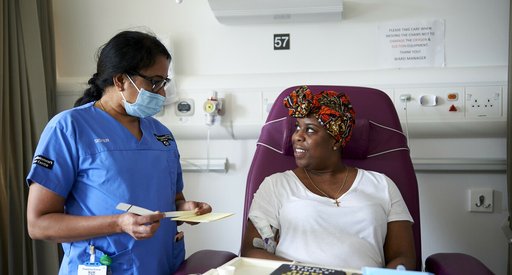
Treatment aims
Some treatments for blood cancer aim to cure it. Others aim to keep the cancer at a low level or keep you in remission as long as possible.
Reasons for treatment
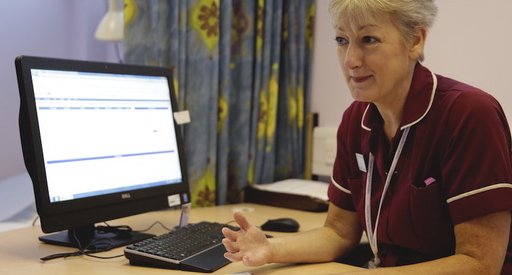
Treatment planning
You will have a clinically tested and approved treatment, based on the type of blood cancer you have, your test results and your overall health.
What to consider
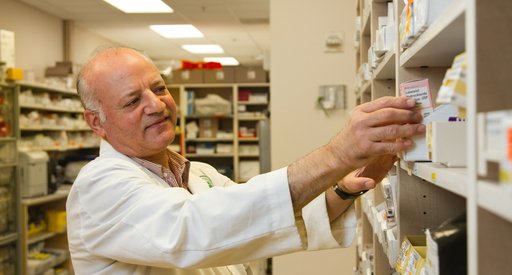
Treatment types
Many people will have intensive treatment in hospital, such as chemotherapy. But for some types of blood cancer, you'll take tablets at home.
What are the treatments?
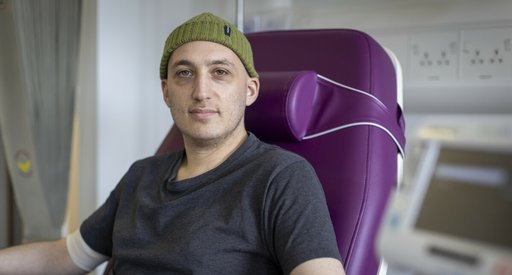
CAR T-cell therapy
CAR T-cell therapy uses your body's own immune system to kill blood cancer. It's not an option for everyone yet, but it's becoming more accessible.
Your guide to CAR T-cell therapy
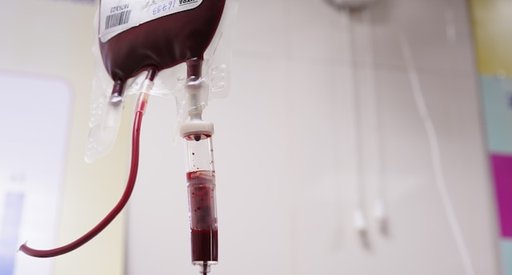
Blood transfusions
Blood transfusions can't cure blood cancer but they can help. They are often used to relieve symptoms and the side effects of treatment.
Read about transfusions

After blood cancer treatment
If you have finished your planned programme of treatment, you may be surprised how you feel when it ends. It can take a while to adjust to your new normal.
What helps after treatment

Complementary and alternative therapies
Many hospitals offer sessions like massage and aromatherapy to cancer patients. These can help with symptoms but can't replace medical treatment.
Find out what's safe

Supporting someone through treatment
Relatives, friends and neighbours often want to help, but don't always know how. Find out how best to support someone through their treatment.
Find out more
Thanks to Haematology Consultant Dr Kirit Ardeshna for checking the clinical accuracy of this information about treatment planning and types.
